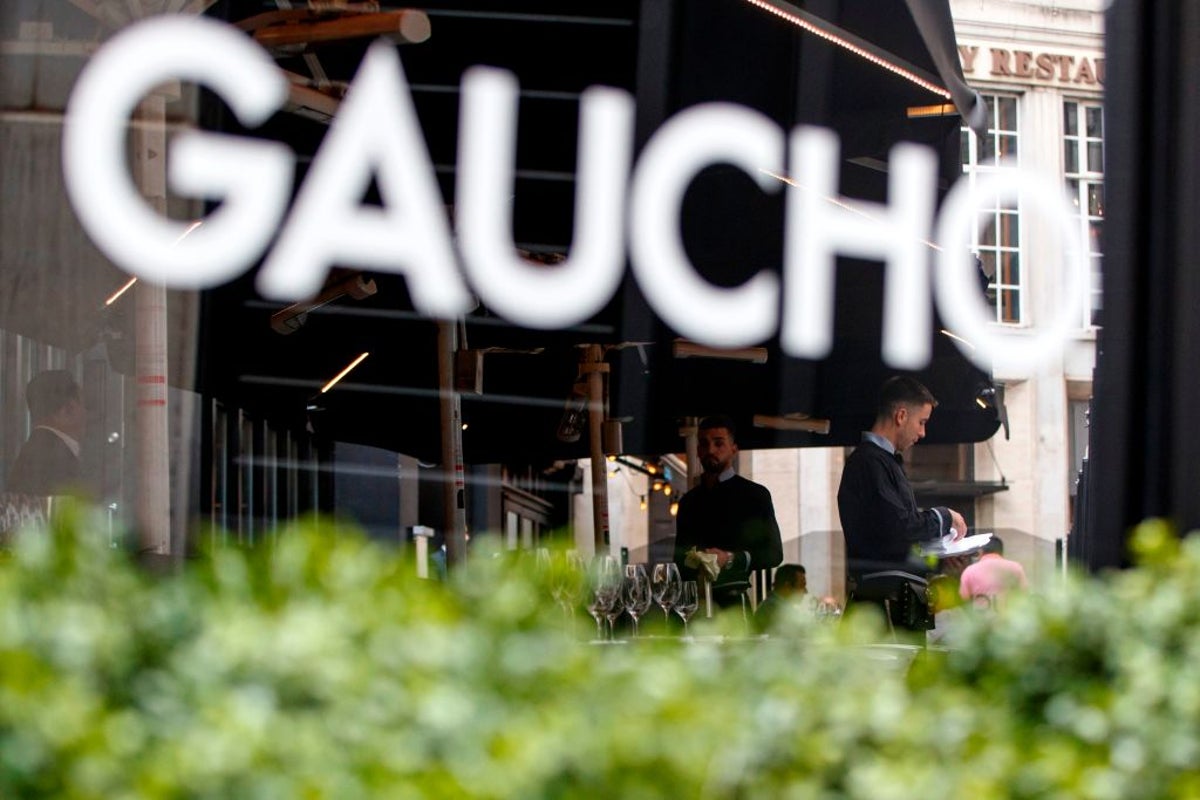A senior figure in the hospitality sector has sent a stark warning to Rachel Reeves ahead of the autumn Budget: “Your taxes are curtailing growth”.
Baton Berisha, chief executive of Rare Restaurants – the company which owns Gaucho and M restaurant brands – has called for National Insurance Contributions (NICs) to be restored to the level they were before April’s increase and said he had the backing of others in the industry wanting the same.
Pointing to Office for National Statistics (ONS) figures, Mr Berisha highlighted 84,000 jobs have been lost in the hospitality sector since the NICs hike took effect in April 2025 – equating to roughly 13,000 jobs disappearing per month since then.
As a result, Mr Berisha has opted to speak out now “to highlight the critical issues that the hospitality industry in the UK is facing.” They are, he says, largely “due to Rachel Reeves’ punitive taxes which are curtailing – rather than encouraging or supporting – growth.”
“I and other leaders in our sector want VAT reduced to 15 per cent and for the government to restore NICs to where it was before the budget, so we can continue growth,” Mr Berisha told The Independent.
“Over the 12 months to May 2025, the accommodation and food services sector shed 124,376 employees, a 5.6 per cent year-on-year decline .
“Between January and March of this year, operating hospitality venues saw the equivalent of around 20 restaurant closures per week, around 240 closures in that quarter. Additionally, over the past three months in the UK, there were hundreds of restaurant closures from independents and smaller chains, plus major chains downsizing.”
While personnel costs are a big factor hitting all industries, the hospitality sector has also come under pressure from other angles.
In April, the cost of business rates rose significantly when Retail, Hospitality and Leisure (RHL) firms stopped benefiting from a 75 per cent relief scheme, which was slashed to 40 per cent. In real terms, that meant in some cases an increased cost of up to 140 per cent.
That means fewer jobs and, in some cases, fewer companies that can hire anyone at all.
“Combined with a 6.7 per cent rise in the National Living Wage, changes to business rates relief and other employment cost pressures, critical margins have come under extreme strain,” said Mr Berisha.
“Employers across hospitality have limited ability to pass on costs to customers, leading instead to reduced staff, frozen hiring, and in loads of cases, closures.”
With the chancellor set to announce a new raft of taxes in the autumn Budget, the British Chambers of Commerce (BCC) has warned businesses cannot shoulder any more of the burden.
“Without thriving firms the economy will continue to struggle,” said BCC research manager Stuart Morrison. “Long-term strategic plans from government on industry, infrastructure and trade have been widely welcomed by businesses. But with the focus now on delivery, persistent cost pressures mean firms are left with one hand tied behind their back.
“There must be no more business taxes in the Autumn budget.”
Mr Berisha, who arrived in the UK from Kosovo as a 15-year-old fleeing the war, started in the hospitality industry cleaning floors at Quo Vadis in the late 1990s. Since then, he has managed restaurants for Gordon Ramsay at the Savoy, Heston Blumenthal at The Fat Duck Group and others.
Later in his career, a slew of CEO positions have seen him overseeing businesses with more than 10,000 employees and an annual turnover of £500m, leading iconic brands and steering the growth of The Ivy Collection, before taking over as CEO of The Wolseley Hospitality Group prior to his current role at Rare.


